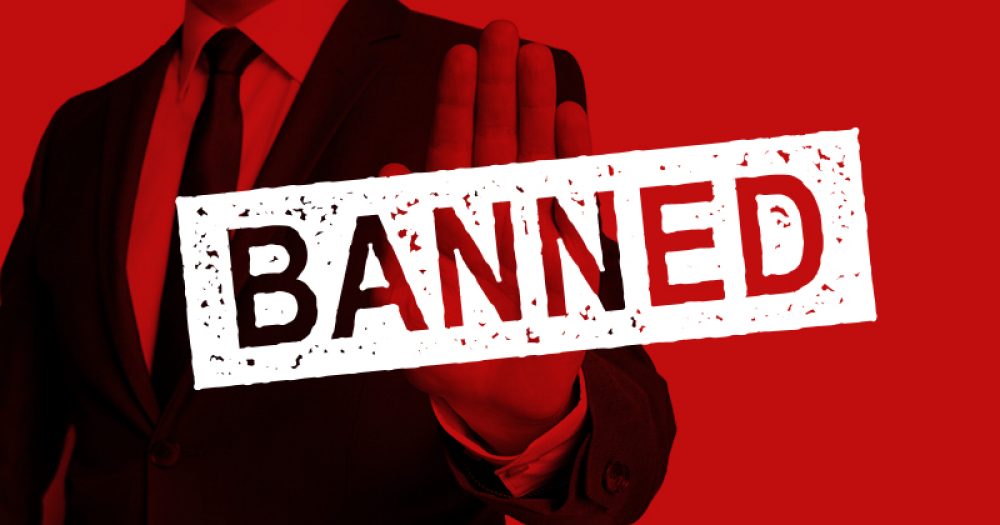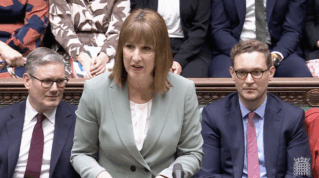Lifetime bans for serious misconduct have been extended to teachers in FE colleges and independent training providers through legislation laid in Parliament today.
The previous government said it would apply Teacher Regulation Agency (TRA) powers to the sector “when a suitable legislative opportunity becomes available” in 2022 before dropping its planned schools bill later that year.
A new children’s wellbeing and schools bill, first announced during July’s King’s speech, was introduced this afternoon and placed the FE sector in scope of misconduct rules if a provider teaches students aged under 19.
Notes for the bill state: “Increasing numbers of young people aged under 19 years now receive their education in a more diverse range of settings, such as further education institutions, and independent educational institutions or by online education providers, and clause 39(2)(b) would list these education settings as settings that would be subject to the teacher misconduct regime.
“This clause would extend the scope of the teacher misconduct regime so that, in future, a prohibited teacher would not be able to teach young people under the age of 19 in any of the settings listed.”
Teacher misconduct powers have also been extended so that the education secretary can investigate “a person who has at any time been employed or engaged to undertake teaching work (a teacher)”.
The children’s wellbeing and schools bill states: “It was always intended that the regime should capture individuals who have committed serious misconduct even when they were not employed or engaged in teaching work but who may try to return to the classroom, but current interpretation of the legislation only permits the secretary of state to consider misconduct while the person is undertaking teaching work.
“The bill proposes to broaden the scope of the regime to include persons who commit misconduct when not employed as a teacher, but who have at any time carried out teaching work; to broaden the scope of the regime to include a wider range of education settings; and to enable the secretary of state to consider referrals of serious teacher misconduct regardless of how the matter comes to her attention.
“These clarify that the secretary of state is able to consider a referral of those who have previously taught and who commit serious misconduct whilst not in teaching, ensuring that they can be prevented from returning to the classroom.”
Under the touted plans, FE colleges, special post-16 institutions and independent training providers will have a legal duty to decide whether to refer cases of serious misconduct for the TRA to investigate. The TRA has powers to issue prohibition orders – preventing someone from working in teaching.
Only cases of serious misconduct can be referred to the TRA. This is broadly defined as “unacceptable professional conduct”, “conduct that may bring the profession into disrepute” or “conviction, at any time, of a relevant offence”.
Once the TRA receives a referral, a professional conduct panel is formed which makes a recommendation on whether or not to issue a prohibition order. This would ban the individual from carrying out teaching work, usually for life. Their name would also appear on the “prohibited list” for employers, local authorities and teacher supply agencies to be able to check.
Outcomes of the TRA’s misconduct panels are made public, even when no prohibition order is made.

















Your thoughts